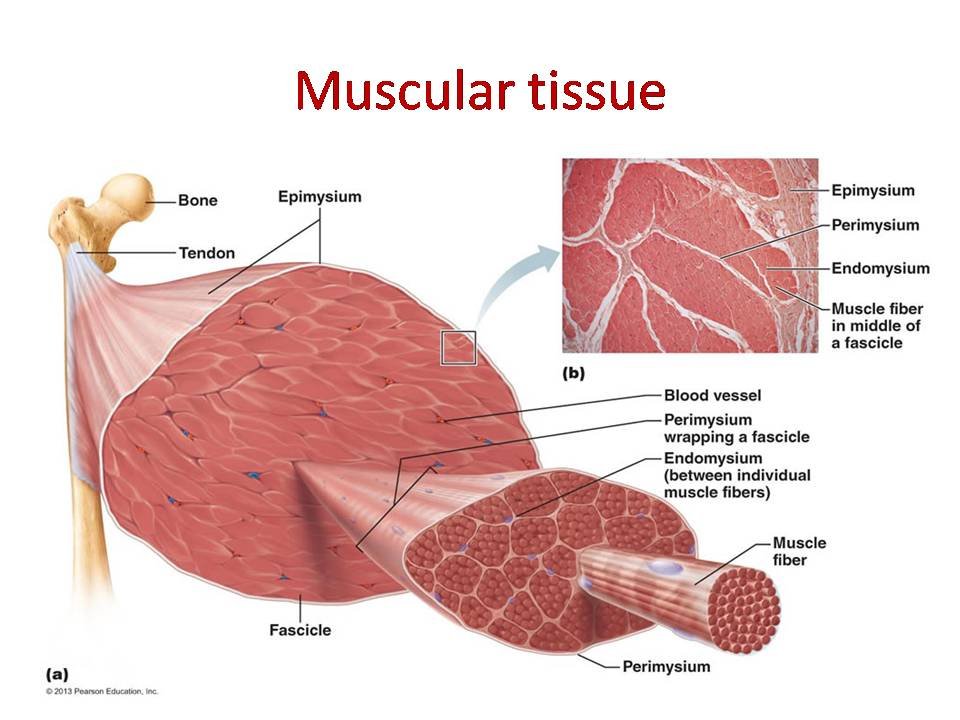
IF the body synthesized just six grams of protein per day into new muscle tissue you could gain 24lbs of lean bodyweight a year.
Yes, the argument of how much protein per day is required for muscle growth is as old as the hills. But one thing appears to be certain – you do not need as much as you think.
One IFBB Pro bodybuilder detailed on social media this year how he eats 600g of protein per day. Justifying this, he wrote: "Carbs don't build muscle, protein does."

He is right, of course. But if were as easy as simply eating more protein, then why not increase it to 1000g per day or higher? Well, because the human body just does not work like that.
Let's take his 600g per day as an example and see how much muscle someone consuming that much protein could expect to build over a year, if they were to synthesize all of that as muscle tissue.
If a bodybuilder consumed 600g of protein per day and all of that protein were used exclusively for muscle protein synthesis [MPS] which, as we will see, is not realistic, we could estimate the potential muscle gain. Here is a rough calculation based on how much protein is required to synthesize muscle tissue:
This would suggest a massive muscle gain of 1.8 – 2.4 kg per day – an implausible scenario.

If this extreme intake could indeed result in 1.8 – 2.4kg of muscle gained per day, over the course of a year, the total muscle gain would be:
Clearly, this is entirely unrealistic. In reality, the maximum natural muscle gain for even the most genetically gifted and dedicated bodybuilders is much lower – typically between six to 12 pounds per year (approximately 2.5 – 5.5 kg per year) under optimal conditions.

For competitive bodybuilders, the recommended protein intake falls within the range of 1.6 to 2.2 grams per kilogram of body weight (approximately 0.7 to 1.0 grams per pound of body weight) per day. This range supports muscle growth, recovery and the maintenance of lean body mass during intense training and competition preparation.
Each pound of muscle requires 0.9 – 1.8 grams of protein per day to survive and maintain itself. However, dietary protein intake must be higher to meet overall bodily demands and ensure sufficient protein is available for muscle maintenance. This is why protein recommendations for active individuals are often set at 1.6 – 2.2g/kg/day (0.7–1 g/lb of body weight).
There is, in reality, seriously little protein used for muscle protein synthesis per day. And as we are about to show, using a little as six grams for MPS per day can result in a gain of 24lbs of muscle per year.
For each kilogram (or pound) of muscle gained:
So gaining 0.5 – two pounds of muscle requires synthesizing approximately:
To distribute the required protein synthesis over 30 days:

To gain 0.5 – two pounds of muscle per month:
Most of us are not gaining 24lbs of lean muscle per year. We might be gaining well above 24lbs in our off-season. But after a competition prep, very few are 24lbs heavier than the last time they stepped on stage. So in reality, all that protein you have paid for and scoffed down has been used for a lot of other things aside from actually building muscle. All of which makes it appear to be a waste of money to set your protein intake at the top end of the scale and beyond. It seems excessive protein just turns out to be expensive carbohydrates.
Sources:
Phillips, S. M., et al. (2009). "Dietary protein and muscle mass: translating science to application and health benefit." Nutrition Reviews, 67(6), 402–410.
Maughan, R. J., et al. (2004). "Muscle Protein Turnover and Exercise." The Journal of Physiology, 554(Pt 3), 613–623.
Leave a Reply